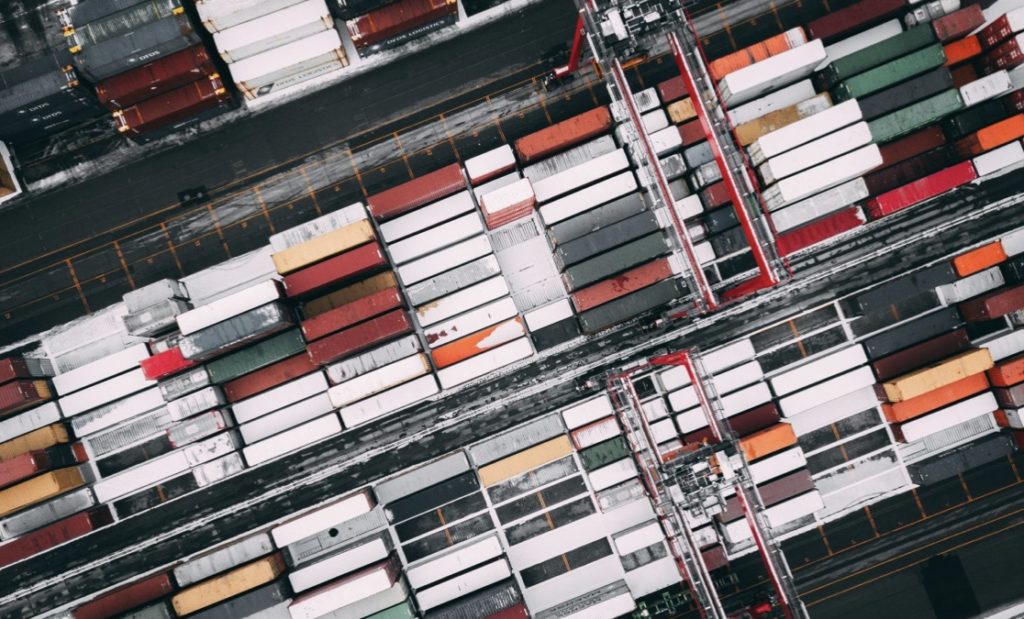The end of global trade? Not likely
Catherine McBride wrote an interesting text in ’Briefings for Britain’ this week.
She argues that the potential chabges that people now foresee in global trade might not be the correct ones. I agree with her.
I believe that trade recovery will be in the center of our post-Covid-19 strategies. When this corona crises is over, at least in its first outbreak wave, we will see even more of the same when it comes to global trade. Even there will also be elements of more back-up strategies öike from ’Just-in-time’ to ’Just-in-Case’. Trying to get production and at least some storage capacity close to markets. This goes for agriculture productes, but also for many other sectors.

Here is a part of McBrides text and a link to the article.
’Recently there have been many newspaper articles about how the Covid-19 virus and subsequent lockdown will change our lives forever: less commercial, less international travel and much less global trade. However in the case of global trade, I am not convinced.
Global trade will not stop until it is just as efficient to produce the same standard of good in one country as another. But that doesn’t mean that we shouldn’t question whether it is sensible to allow one country to manufacture the majority of all active ingredients for pharmaceuticals, or medical protective equipment, or mobile signalling systems or electric car batteries. It is simply bad business practice to be completely reliant on one supplier. There will always be potential for disruptions whether due to strikes, drought, floods, war, pestilence and, of course, viruses. Not only do multiple providers ensure the continuity of supply, they put power back into the hands of the purchaser and keep prices competitive.
But global trade in agriculture is another issue. Despite all of the recent calls for the UK to be self-sufficient in its food supply, there will always be some foods the UK cannot grow and others that will be more efficiently produced elsewhere. For example, the ingredients of a ‘Made in the UK’ snack bar are: chocolate, coconut, rice, cranberries and cocoa butter. None of these will ever be grown commercially in the UK. But as a business it makes sense to make the snack bar here. The ingredients come from multiple countries and the cost of the ingredients will be a small fraction of the eventual sale price. Most of the price will go to the retailer, distributor, marketing, packaging and manufacturing companies. So unless we greatly change our eating habits, some global trade in agricultural products will continue despite Covid -//-’.
Catherine McBride is an economist with over 20 years’ experience in financial services and was Senior Economist at the Institute of Economic Affairs’ International Trade and Competition Unit. She writes here in a personal capacity.
You can read the entire article here: The end of global trade? Not likely
Source: BriefingsforBritain
You must be logged in to post a comment.